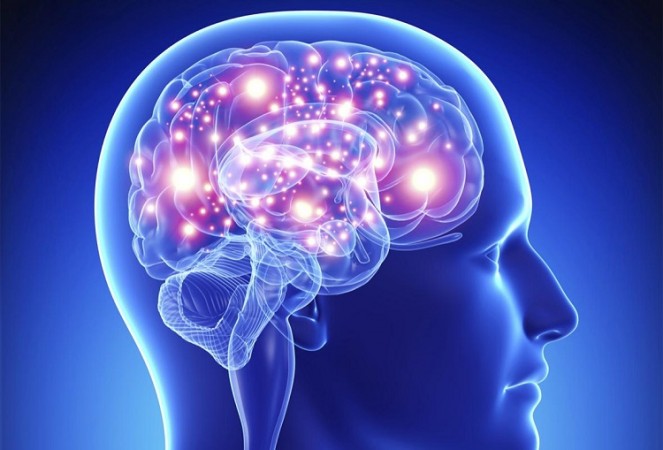
Brain cell activity and the spinal cord are essential for regulating the body's response to central nervous system (CNS) illnesses such as Alzheimer's, Huntington's disease, and spinal cord injuries, according to study headed by Cedars-Sinai Medical Center researchers in California.
The study concentrated on cellular alterations in astrocytes, a kind of brain and spinal cord support cell. These cellular alterations, generally termed as "reactivity," play a key role in determining the outcomes of CNS illnesses. This is the first time a group of scientists has produced evidence that astrocytes influence disorder-specific changes in their molecular profiles using specialised collections of molecules called transcriptional regulators.
The study, which was published in the peer-reviewed magazine Nature, might pave the way for the creation of a wide range of new medicines that target specific astrocyte activity in order to treat a number of central nervous system diseases like multiple sclerosis and stroke.
"Targeting astrocyte reactivity as a therapy strategy for CNS illnesses is gaining traction," said Joshua Burda, PhD, the study's lead and co-corresponding author and assistant professor in the Departments of Biomedical Sciences and Neurology. "Understanding how different types of astrocyte responses are coordinated and the consequences of manipulating those responses will not only help us better understand central nervous system diseases, but it will also provide crucial insights that will enable the development of better therapies for these conditions."
Heart attack will never occur if you include these things in food
Watching tv for long hours can dangerous disease
Study sheds lights Air pollution linked with more severe COVID